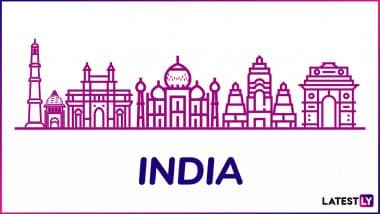New Delhi, Jan 14 (PTI) As many as 26 members of the banned Assam-based insurgent group National Democratic Front of Boroland (NDFB), including its self-styled 'president' and 'commander-in-chief', were brought back to India from Myanmar by security agencies, officials said on Tuesday.
The group also had 25 weapons, more than 50 magazines, over 900 assorted ammunition and communication equipment with them, besides family members.
"On January 11, 2020, a total of 26 active members of the NDFB were brought back to India from Myanmar by agencies of government of India," an official said.
The group include top leaders of the organisation like its 'president' B Saoraigwra, 'general secretary', 'commander-in-chief' and 'finance secretary'.
This faction is one of the four Bodo militant groups in Assam.
The other three groups are currently under ceasefire with the government and are talking to the interlocutor for a political settlement to the Bodo issue.
However, the Saoraigwra-led faction was active in Myanmar along with other Northeast insurgent groups. They had formed a joint platform namely United National Liberation Front of Western South East Asia along with NSCN-K (a Naga militant group) and ULFA-I (another militant group of Assam), the official said.
With the group now opting for peace, the decades-old Bodo militancy in Assam has finally come to an end ushering peace for the state in general and Bodo areas in particular, the official said.
The Centre has welcomed the bold move by Saoraigwra and his supporters to abjure violence and opt for peace, the official said.
The government is considering various options for a comprehensive and final solution to the Bodo political issue with the involvement of all stakeholders such as Bodo civil society organisations, political parties and Bodo militant groups, another official said.
Demand for a separate Bodoland state has been in the centre stage in Assam for about half a century.
Both Bodo overground organisations and militant groups highlighted the demand in the past leading to violence, agitations and protests, causing loss of life and property.
Agreements were signed in 1993 and 2003 to resolve the vexed issue.
A Bodo Territorial Council under Sixth Schedule of the Constitution was created in 2003 to meet political, developmental and identity related aspirations of the Bodos.
However, the demand for Bodoland state continued despite vociferous protests by non-Bodo groups in the state.
If the central and Assam governments succeed in finding a final settlement to the Bodo issue while keeping intact the territorial integrity of Assam, it will go a long way in improving the law and order situation and bring prosperity and progress to the state, the official said.
(The above story is verified and authored by Press Trust of India (PTI) staff. PTI, India’s premier news agency, employs more than 400 journalists and 500 stringers to cover almost every district and small town in India.. The views appearing in the above post do not reflect the opinions of LatestLY)



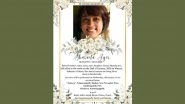

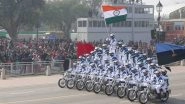
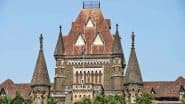
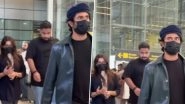

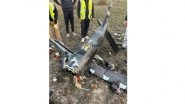



 Quickly
Quickly